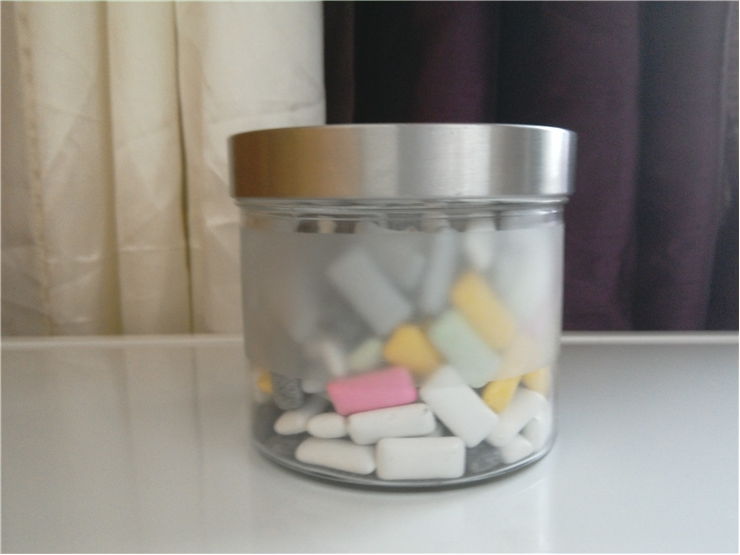Gum without Aspartame - All About Aspartame in Gums
Since the appearance of the first industrial-made chewing gums that were not using natural sweeteners, several substances have tried to compete in the market for the best replacement for natural powdered sugar. The rush to find these substances was the strongest in the 1960s when international regulations and difficulties in procuring large quantities of natural Chicle from Central America (mainly Mexico, Guatemala, and Belize) pushed North American manufacturers into research and development efforts that enabled the switch from natural rubbers to easier to produce and affordable butadiene-based synthetic rubbers. The switch to those rubbers was also followed by the switch from natural sweeteners to artificial ones, most notably aspartame, a non-saccharide sweetener that quickly became one of the most popular sugar substitutes on many products on the store shelves.
Aspartame was invented by the chemist James M. Schlatter who worked at G. D. Searle & Company in 1965. It became popular worldwide under the brand name NutraSweet that NutraSweet Company sold. The primary reason for his popularity with industrial food manufacturers was his potency. This sweetener is around 200 times sweeter than table sugar. Since very little of it had to be used in food recipes, its caloric value was negligible. Many food manufacturers marketed their products with some “low caloric value” branding. It was also popular because its sweet taste lasted more than the one from table sugar. Still, it had to be mixed with other artificial sweeteners to achieve a similar overall taste to natural sugar.

Even though this product ended up in thousands of products sold worldwide, there was much health-related controversy surrounding it. During the first 50 years of its discovery, aspartame became one of the most tested and closely looked at human consumption food substances worldwide, with over 90 government and scientific studies dedicated to it. Opponents of aspartame cited numerous health risks and alleged conflicts of interest that brought to its mass use in the food industry. Still, official government studies repeatedly concluded that aspartame is safe and can only cause rare health disorders if used excessively. The controversy never managed to leave aspartame, with several “hoaxes” popularizing the opinion that this artificial sweetener is unsafe.
Eventually, pressure from the public and the discovery of new artificial sweeteners moved chewing gum manufacturers to switch to other substances. The most popular artificial sweetener in chewing gum today is xylitol, which provides sweetness and protects teeth from bacteria by denying their nutrients. Some chewing gum brands focused on xylitol are Epic Dental, Glee, Pur Gum, Spry, Peppersmith Chewing Gum, Xyla Gum, Xponent Gum, Trident, and Xylichew Gum.
People who want to avoid using aspartame in their food products still have to be careful today because this artificial sweetener is still used in over 6 thousand consumer foods today, including beverages, soft drinks, instant foods, breath mints, frozen desserts, pharmaceutical drugs, instant coffees, milk products and of course many brands of chewing gums.
